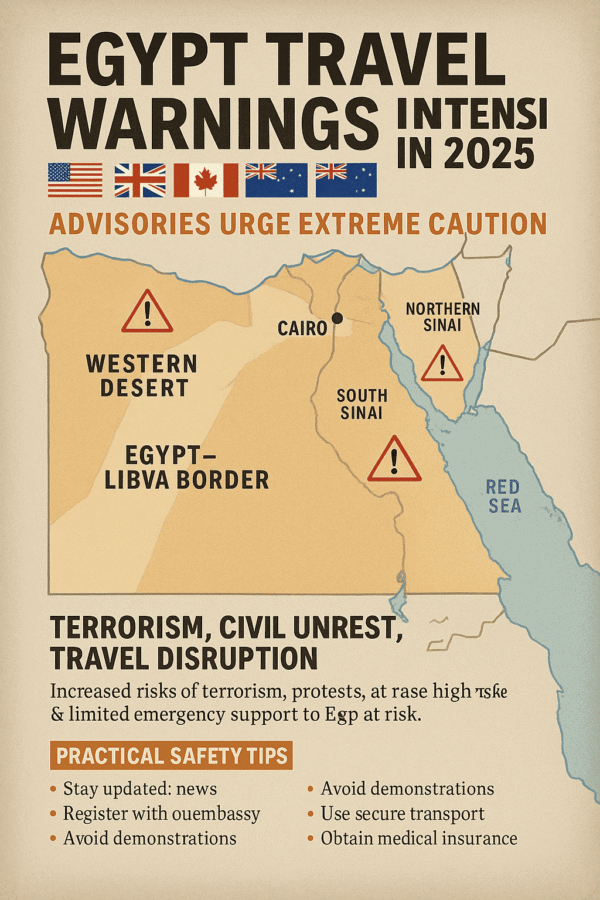BANGKOK, THAILAND – JULY 2025 – Thailand is stepping boldly into the future of travel by launching a groundbreaking national crypto sandbox aimed at international tourists. Scheduled for implementation later this year, the initiative will allow visitors to convert digital currencies like Bitcoin into Thai baht for use across the country—ushering in a new era of digital convenience in global tourism.
This forward-thinking policy aligns Thailand with a growing list of crypto-adopting travel destinations, including the United Arab Emirates, Portugal, Japan, Malta, El Salvador, and the United States, all of which are making strides to accommodate digital-first travelers seeking modern financial flexibility during their journeys.
Thailand’s Crypto Sandbox: Bridging Innovation and Regulation
Thailand’s crypto sandbox represents a cautious but progressive step in integrating digital currencies into the nation’s robust tourism economy. The sandbox, currently under public review, proposes a framework where licensed digital asset service providers—such as regulated exchanges and brokers—can offer crypto-to-fiat conversion services.
Under the plan, foreign tourists would be able to exchange cryptocurrencies like Bitcoin, Ethereum, or USDT into Thai baht, which they can then use for accommodation, dining, transportation, and other travel expenses via digital wallets or prepaid cards. Notably, the system does not allow direct crypto payments to businesses, a safeguard to ensure compliance with anti-money laundering regulations and financial transparency.
By prioritizing crypto-to-baht conversions within a secure and monitored environment, Thailand is signaling a willingness to lead in digital travel innovation while maintaining the integrity of its financial ecosystem.
Why Crypto in Tourism Matters
As international travel rebounds post-pandemic, tourists are seeking more seamless, cashless, and tech-enabled experiences. With crypto assets becoming increasingly mainstream, travelers are looking for destinations where they can easily use or convert their holdings. According to Statista, global crypto ownership surpassed 420 million users in 2024, with many being young, tech-savvy, and travel-driven.
Thailand, home to vibrant destinations like Bangkok, Chiang Mai, Phuket, and Krabi, stands to gain from offering such services. By enabling easy crypto-to-baht transactions, the country enhances convenience for travelers and positions itself as a future-ready destination in the ASEAN tourism market.
Global Momentum: Countries Embracing Crypto in Travel
United Arab Emirates (UAE):
Dubai leads the region with robust crypto-friendly hospitality, including hotels, retail outlets, and luxury services that accept digital assets. Emirates Airlines recently signed an MoU with Crypto.com to enable cryptocurrency flight bookings starting in 2026, further signaling the UAE’s commitment to innovation in travel.
Portugal:
Lisbon and Algarve have become hubs for crypto nomads and digital expats. With favorable tax policies and broad merchant acceptance of Bitcoin, travelers can use crypto for everything from coffee shops to co-working spaces. Platforms like Bitrefill and Utrust make spending digital assets in Portugal easy and accessible.
Japan:
As a pioneer in crypto regulation, Japan recognizes Bitcoin as a legal method of payment. In tech-forward cities like Tokyo and Osaka, select retail chains and tourist agencies accept cryptocurrency, particularly in districts catering to international visitors. Japan continues to evolve its digital finance policies in sync with global standards.
Malta:
Nicknamed the “Blockchain Island,” Malta has attracted crypto investors and tech tourists alike. Legislation such as the Virtual Financial Assets Act (VFAA) supports a regulated environment for crypto business and adoption. From boutique hotels to local experiences, crypto usage is steadily gaining ground.
El Salvador:
The Central American nation was the first in the world to adopt Bitcoin as legal tender in 2021, positioning itself as a global test case for crypto integration. While regulatory challenges persist, tourists can spend Bitcoin at restaurants, shops, and attractions. The country remains committed to evolving its digital finance tourism model.
United States:
Although crypto adoption in the U.S. varies by state, platforms like Travala.com allow tourists to book flights and accommodations with crypto. In cities such as Miami and Austin, a growing number of cafes and boutique retailers also accept Bitcoin via services like BitPay.
A Model for Future-Forward Tourism in Asia
Thailand’s entry into the crypto tourism space is timely. As Southeast Asia becomes a digital economy hotspot, countries are exploring ways to blend blockchain technologies with real-world services, particularly in tourism and hospitality.
By focusing on crypto conversions rather than direct payments, Thailand ensures both regulatory compliance and tourist convenience. This hybrid approach may soon serve as a model for other Asian destinations like Singapore, Indonesia, and Vietnam looking to capitalize on digital currencies without compromising financial oversight.
Thailand’s central financial authorities, including the Securities and Exchange Commission (SEC) and Bank of Thailand, are closely involved in shaping the sandbox’s structure, underscoring the importance of stability alongside innovation.
What It Means for Travelers
For international tourists planning trips to Thailand post-2025, the crypto sandbox presents exciting new opportunities:
- Easier spending without currency exchange hassles
- Flexible budgeting via crypto wallets
- Secure and traceable transactions in a regulated environment
- Faster onboarding with digital KYC through partner exchanges
- Increased appeal for digital nomads and tech entrepreneurs
Whether exploring the temples of Ayutthaya, island-hopping in the Andaman Sea, or indulging in Bangkok’s dynamic street food scene, travelers can soon rely on their crypto holdings for everyday expenses—converted transparently into Thai baht.
Conclusion: Thailand Sets the Pace for Crypto-Enabled Tourism
As the global tourism sector embraces digitization, Thailand’s crypto sandbox initiative places the country at the forefront of 21st-century travel innovation. By merging digital assets with tourism infrastructure, Thailand joins a small but growing league of nations enabling frictionless financial experiences for global travelers.
From El Salvador’s bold legal tender policy to Dubai’s crypto-integrated hospitality and Portugal’s nomad-friendly tax structure, a clear pattern is emerging: digital currency is reshaping the way we explore the world.
Thailand’s approach—balanced, regulatory, and user-friendly—not only elevates its tourism appeal but also lays the foundation for smarter, more inclusive travel experiences. As the crypto sandbox gains traction, the world will be watching how this digital journey unfolds in one of Asia’s most beloved destinations.
For more travel news like this, keep reading Global Travel Wire



















